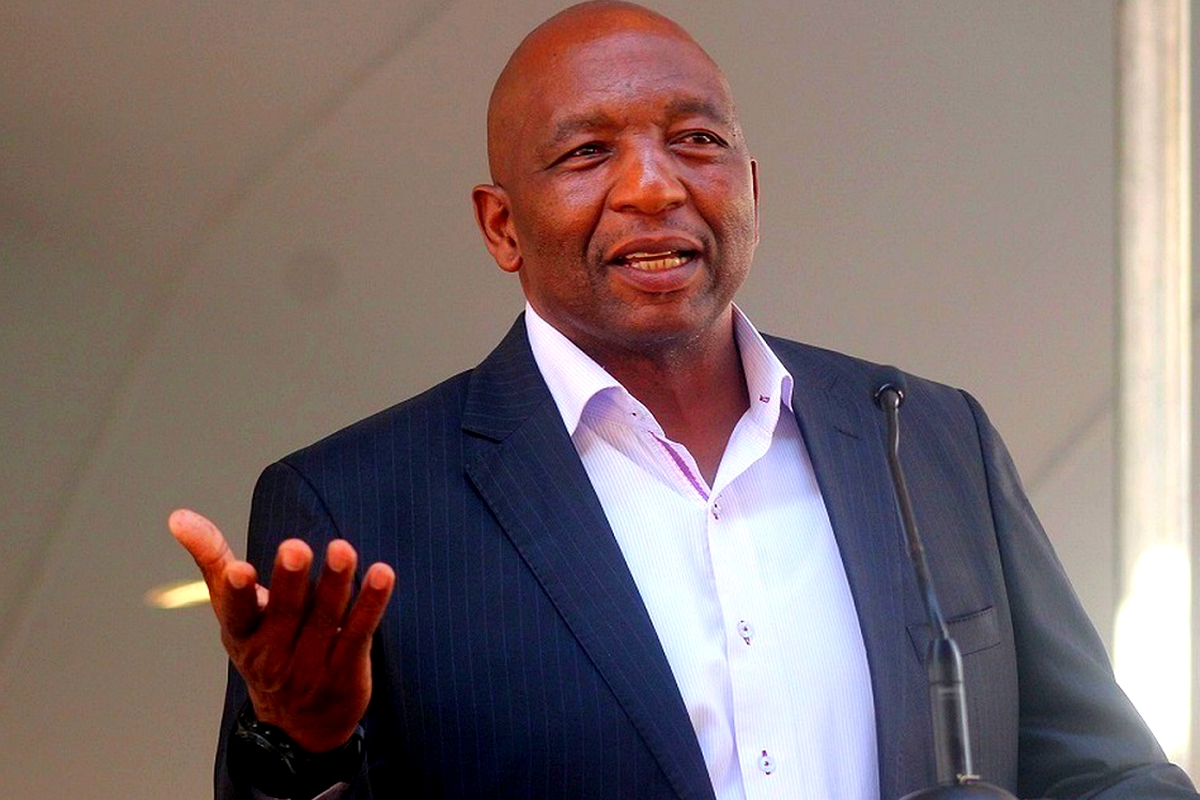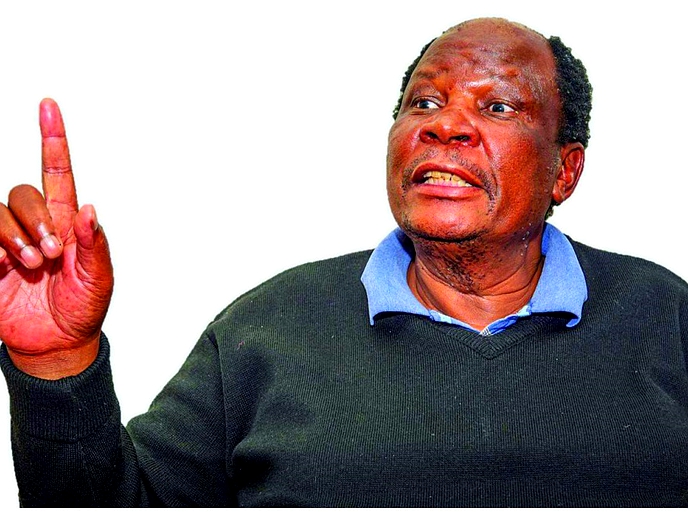AS the war in Ukraine rages on, inflation spikes, energy, and fuel costs rise, and new supply chain disruptions overshadow post-pandemic marketplace recovery, the strategic function of procurement in mitigating the impact of these challenges has become greatly valued, the report indicates.
business
Jan. 19, 2023
NEO SENOKO
3 min read
Procurement key in turning Lesotho’s fortunes

Prime Minister, Sam Matekane
Story highlights
The Chartered Institute of Procurement and Supply (CIPS) Procurement Salary Guide 2022 for Sub-Saharan Africa paints a clear picture of just how valuable procurement and supply professionals have become to organisations on an increasingly volatile and uncertain world.
They will become even more significant as Lesotho’s new Prime Minister Sam Matekane seeks to turn around the country’s fortunes following an extended period of political volatility.
Matekane is determined to move away from a growth model dependent mainly on the public sector to one that is driven by a private sector that is “export-oriented”.
As an example of how Lesotho can benefit from prevailing global conditions, Gem Diamonds in September stated that sanctions imposed on Russia diamond group Alrosa meant there was a shortage of rough diamonds in the market, and that Gem’s flagship Letšeng Diamond Mine has seen increased demand.
Meeting this demand amid instability has highlighted the importance of procurement, and the CIPS Procurement Salary Guide 2022: Sub-Saharan Africa shows just how vital supply and procurement professionals have become to countries in the territory.
Notably, in Sub-Saharan Africa, the appreciation of procurement and supply chain management professionals' role is increasingly reflected in their salaries, one of the factors monitoring how much the profession is valued in the country.
This year, 49 percent of respondents received a pay rise in the past 12 months - an increase on last year’s 40 percent while 69 percent received a bonus in the past 12 months.
The average annual salary for all procurement and supply professionals in the region is now $43 703, up from $34 677 in 2021.
At the top end of the scale, advanced professionals earn up to $82 964 a year.
Dr Sara Bux, Managing Director of the Chartered Institute of Procurement and Supply (CIPS) for Southern Africa, shared that 81 percent of those surveyed for the 2022 Procurement Salary Guide in the Sub-Saharan regions believe the perception of procurement has improved in the past year, with 79 percent saying they feel valued within their organisation while being engaged from the time a project starts.
Despite a challenging economic environment, such buoyancy and resilience in salaries are encouraging and reflect the increasing status and value of the procurement function.
Bux also points out that 82 percent of respondents feel that directors and heads of departments understand the value procurement brings to their organisations, both at a strategic and talent level.
The positive sentiment in the sector means there has never been a more opportune time for procurement professionals to grow and flourish.
“The light the pandemic has shown on the strategic importance of procurement has also highlighted the skills needed to thrive in the role and drive further value.
Enjoy our daily newsletter from today
Access exclusive newsletters, along with previews of new media releases.
“Excellent negotiation skills underpin successful procurement and are rated as key by employees. It is also the skill most in demand from hiring managers. Ensuring your organisation provides training in negotiation skills will not only be important for retaining talent but is also key to tackling the challenges that lie ahead for the profession,” Bux says.
Procurement professionals are acutely aware of these challenges. Fifty percent of those surveyed believe managing risks in the supply chain will be crucial, while the same percentage considers budgeting restraints to be a potential hurdle. Managing costs while maintaining quality, recovering from the pandemic and monitoring suppliers’ sustainability practices also feature among 2022’s challenges.
In terms of the profession itself, Bux is concerned about the gender pay gap.
“Improved salaries are heartening, but the gender pay gap remains and has indeed widened this year to 7 percent from 1 percent in 2021. There is still much work to be done to eliminate it,” Bux adds.
The CIPS is a leading international body representing purchasing and supply management professionals.
With over 64 000 members in 180 countries, CIPS is the worldwide centre of excellence on procurement and supply management issues.
Its main purpose is to inspire and empower procurement professionals to drive the transformation of supply chains for a more ethical and sustainable society.
Tailored for you






